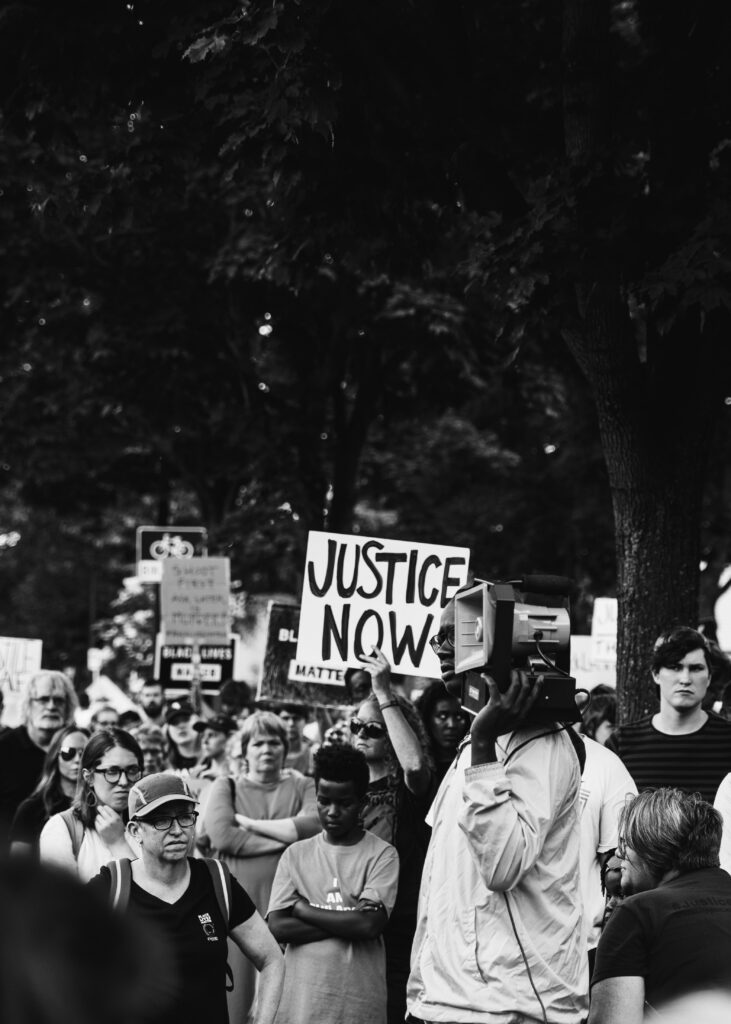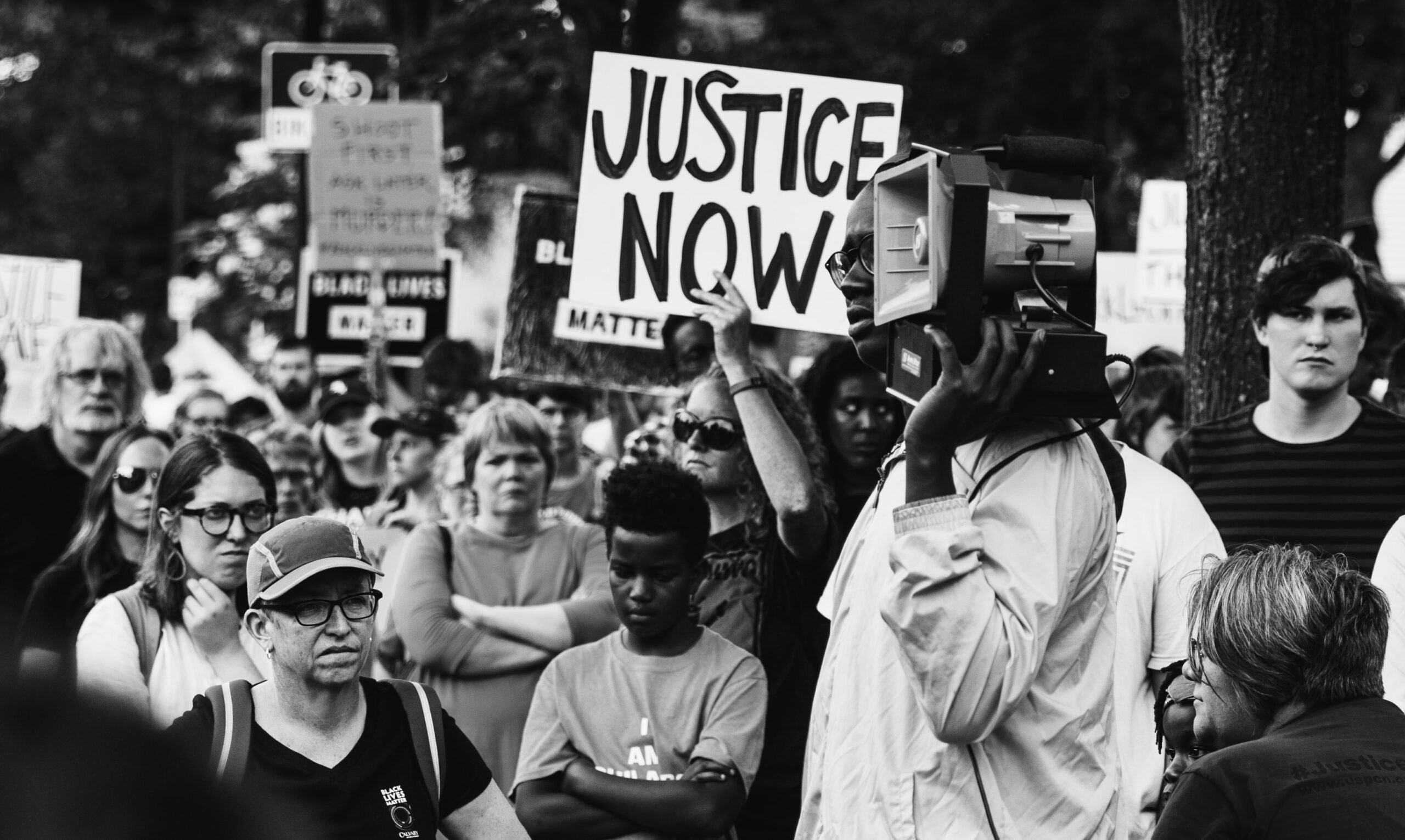
It is crucial that we educate our students about all matters, especially those that impact our world.
I should start off by making it clear that I am a white male. That statement is much more than just identifying my demographic information, it is also telling of what I have experienced, or, more importantly, what I have not experienced. A recent Tik Tok video recently went viral of a young African American man explaining the unwritten rules that his mother taught him about being a black man in America. The rules are as follows:
“Don’t put your hands in your pockets, don’t put your hoody on, don’t be outside with no shirt on, check in with your people it don’t matter even if you are down the street, don’t be out too late, don’t touch anything you’re not buying, never leave the store without a receipt or a bag even if it’s just a pack of gum, never make it look like there is an altercation between you and someone else, never leave the house without your ID, don’t drive with a wife beater on, don’t drive with a doo rag on, don’t go out in public with neither, don’t ride with the music too loud, don’t stare at a Caucasian woman, if a cop stops you randomly and start questions you don’t talk back just compromise, if you ever get pulled over hands on the dashboard and ask if you can get our your license and registration.”
Take a moment to consider the tension that exists in that list; the experiences that must have occurred to make it important to engrain these lessons into your child. Now consider that we must teach our students about what is happening in the world. How can we?
Perspective is important for teachers as it often helps us find ways to engage students in content that may otherwise be unengaging. For educators, in matters like the George Floyd Protests, perspective both matters greatly and not at all (I will explain). First let’s consider those unwritten rules, if you did not grow up guided by similar rules, how can you begin to engage those that did? I cannot understand what it is like for a young man to have to worry about all of that. The closest thing in my own experience was when I was a teenager and was kicked out of the local mall for being a punk. I don’t mean that I was acting out; I mean I was literally a punk rocker and mall security kicked me and my friends out for more or less how we looked. Now I don’t share my experience to say that I understand because the simple fact is that I could change my clothes and style my hair differently and be welcomed back in that same mall. You cannot change the color of your skin. I do not understand what that is like to have to live with those conditions, so as an educator, my perspective doesn’t matter. What I can do is create the venue for my students to share their perspectives. To give them a safe space to air their frustrations, to explore their emotions, and to feel that they are part of a community that will hear them (which at its core is what the protests are demanding; to be heard).
As educators it is important that our own bias, our own feelings surrounding these events not be felt in what we are teaching. At times like these when emotions are high it is extremely frustrating to have to censor your own feelings when you have a platform like a classroom, but it is extremely important that we do so. The classroom (or computer screen right now) is not your pulpit; it is your forum to cure ignorance, to enable higher order thinking, and to give the gift of independent reasoning. You cannot do that if you are telling the students what to think, you will poison the pool. This is your opportunity to guide the students through the information that is out there to help them draw their own conclusions, and to be part of that process. We don’t know if they are able to discuss this content at home, we don’t know if they have someone to ask questions to, to discuss this with, we simply don’t know. We do know that we have a forum where they can do that. We can present them with as much information as possible, biased and unbiased, and teach them the skills to filter out what isn’t useful and focus on what is. We can teach them how to ask the right questions in order to draw the right conclusions, and perhaps most importantly, we can teach them something that seems to be lost in today’s world; that conclusions can change based on new information and that is how it is supposed to be.
We can also teach them that this is not how the world is supposed to be, but unfortunately it is. That is an important distinction; we often get so caught up in what “should” be that we do not address what “is.” We are educating the future of this country. They will one day inherit all of this, and they need to know that this country is able to change if enough people believe it should happen, and more importantly take action. We can also teach them what taking action means, how to engage our political process, what our laws say, what powers they have, and what powers others have. All of that is teachable without bias, and may be something that has not been emphasized enough in education. We could look back at past generations of teachers, or even explore our own education to evaluate if the importance of civic duty and action were emphasized. Either way, we can change that now and teach our students how to take action now and in the future.
Topics of race, injustice, and those that are political are extremely uncomfortable to teach when your perspective is through the lens of your own feelings. You have to remember that your task is not to teach students what you think happened, but to teach students how to use tools for them to decide what happened. The world is full of people ready to manipulate an audience onto their side, it is imperative that we make our students aware of that and prepare them to navigate that world of information. It is equally important that we do not shy away from our responsibilities to educate our students simply because we may be uncomfortable, I may argue that that is precisely why we must teach these topics. When you look at the task of teaching uncomfortable topics through that perspective, it makes it a lot less uncomfortable, and even more important.
